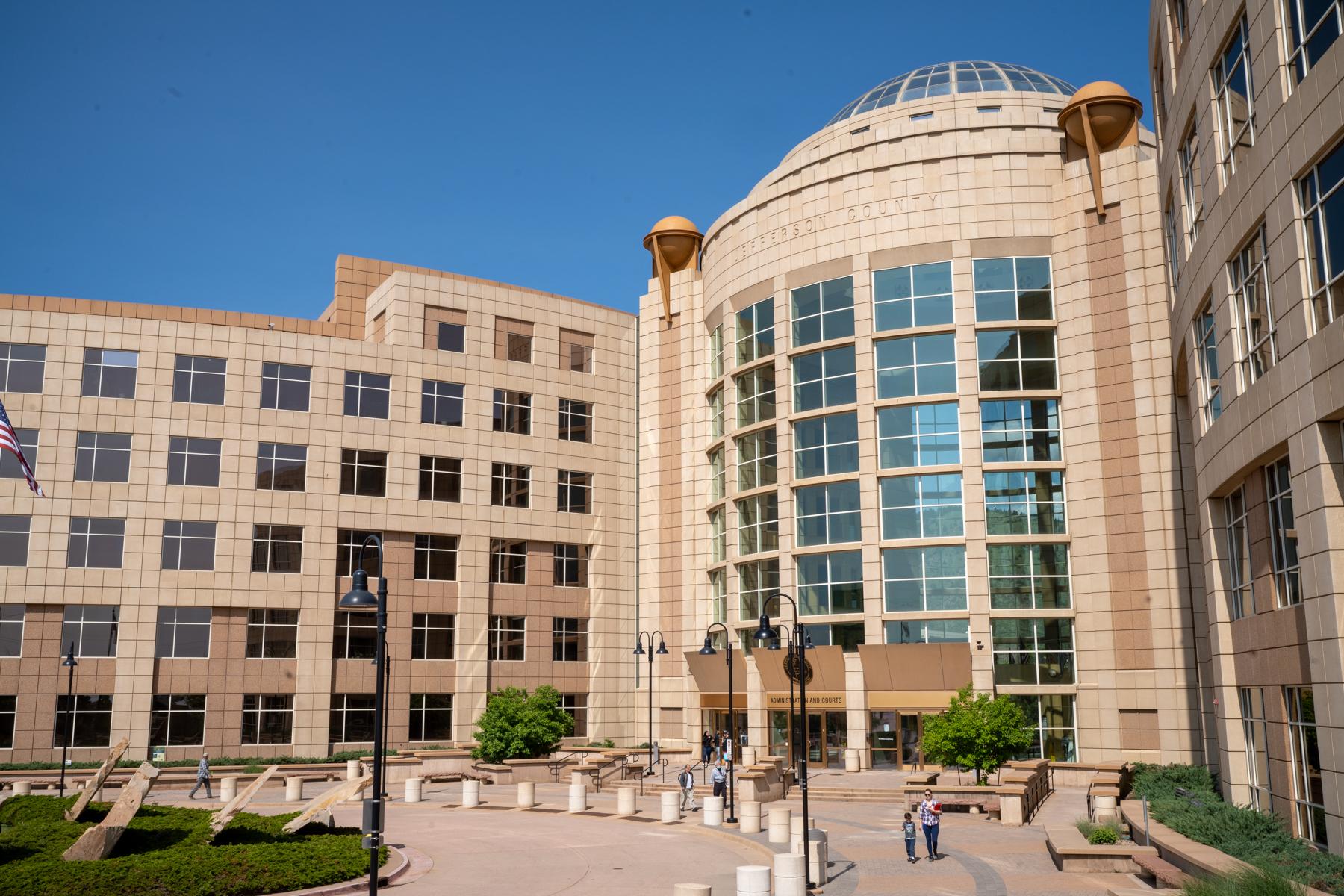
A Denver judge has ruled against a coalition of conservative groups that tried to unwind a multi-billion-dollar funding law for Colorado’s transportation system.
The law in question cleared the Colorado legislature with almost entirely Democratic votes in 2021. Bill sponsors relied heavily on fees in the measure to sidestep the state Taxpayer’s’ Bill of Rights, which requires that voters approve any new tax increase.
However, the conservative groups that brought the lawsuit alleged the new fees were still illegal because they violated Proposition 117. Voters in 2020 passed that law, which sets limits on the amount of new fee revenue that can be collected without voter approval.
“Voters should be deciding. You should be making the case to them on why … money should be going to roads or should go to transit,” Michael Fields, a member of the conservative coalition pressing the lawsuit, told CPR News in 2022. “This should be a conversation with voters, not just the legislature.”
Fields, president of the Advance Colorado Institute, did not immediately respond to a request for comment. Other plaintiffs were Americans for Prosperity Colorado, former Republican state Sen. Jerry Sonnenberg, and Richard Orman, a former prosecutor.
Denver District Court Judge Andrew Luxen, however, sided with the state, writing in a 34-page ruling that the legislature crafted the bill to abide by both TABOR and Proposition 117.
The law created separate fees for a number of transportation-related activities like Uber and Lyft rides, food delivery and fuel. The revenue from each fee was then directed to separate government-owned businesses known as enterprises, each of which was individually projected to take in less than the $100 million limit over five years set out in Proposition 117.
Plaintiffs argued the fees should be counted in aggregate against that cap. But Luxen ruled that each enterprise and fee had “differing purposes” and thus did not need to be combined.
The bill’s sponsors told CPR News in 2022 that they created separate fees and enterprises specifically to conform to Proposition 117.
It’s “actually the way that we’re following the law. It’s not a trick,” Sen. Faith Winter, D-Westminster, said then.
Winter did not immediately respond to CPR News’ request for comment.









